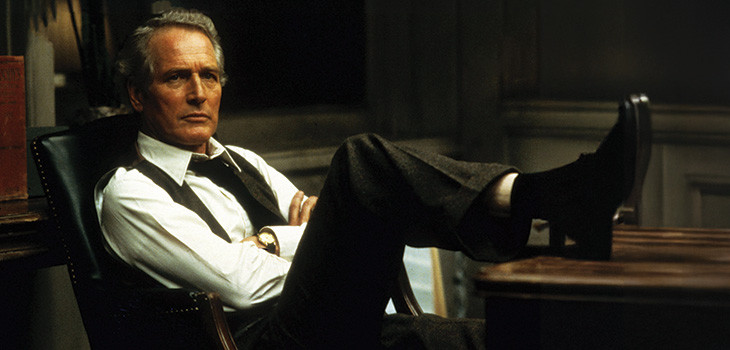
Through cinema, the film maker can tackle a range of legal themes and processes, as well as ethical and moral issues within our society.
Two films, in particular, highlight the complexities of civil litigation. In The Verdict (1982), Paul Newman plays the part of a hack lawyer representing a young woman who is permanently comatose because a doctor gave her the wrong anaesthesia. The film takes an interesting look at civil procedure and the US legal profession. Newman informs the woman’s family that he works on a contingency fee basis and hopes to settle the case for a reasonable sum. The defence is also keen to ‘buy the case’ since this will avoid unnecessary publicity. Even the trial judge presses the parties to settle out of court.
Eventually, however, Newman rejects an offer of settlement (without even informing his clients) and opts for a trial and a fight for the truth. The film tackles a number of different aspects of civil procedure









